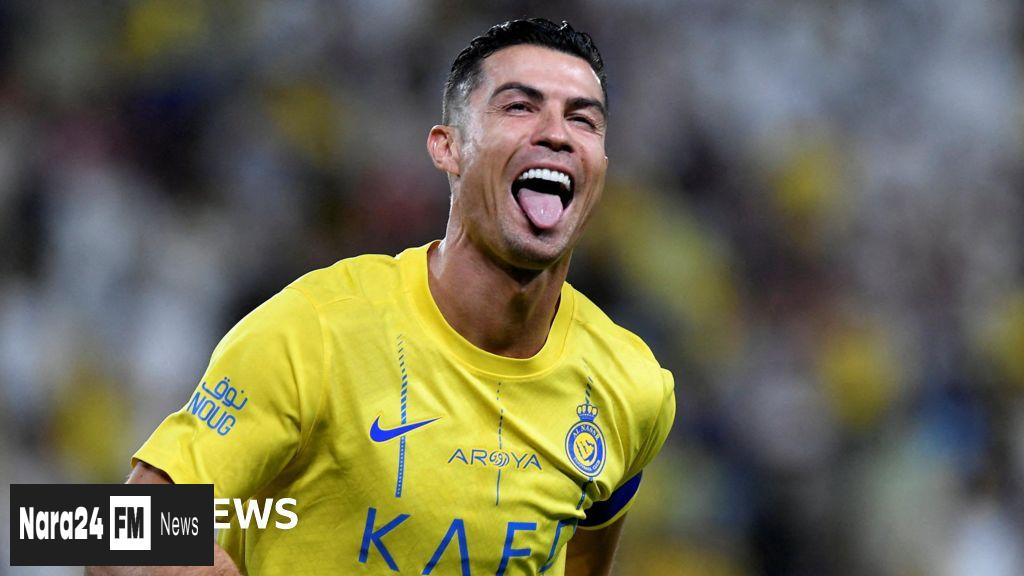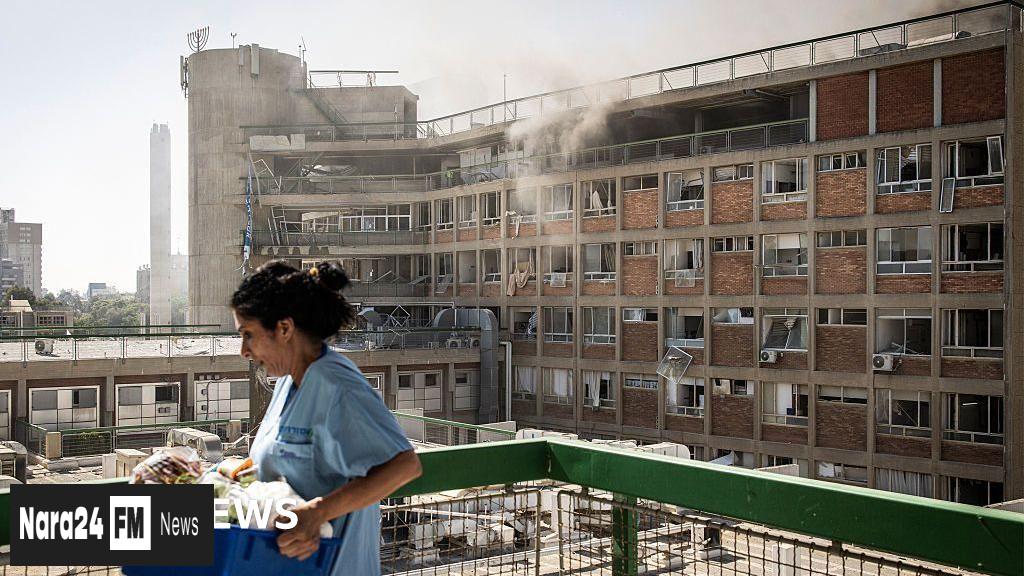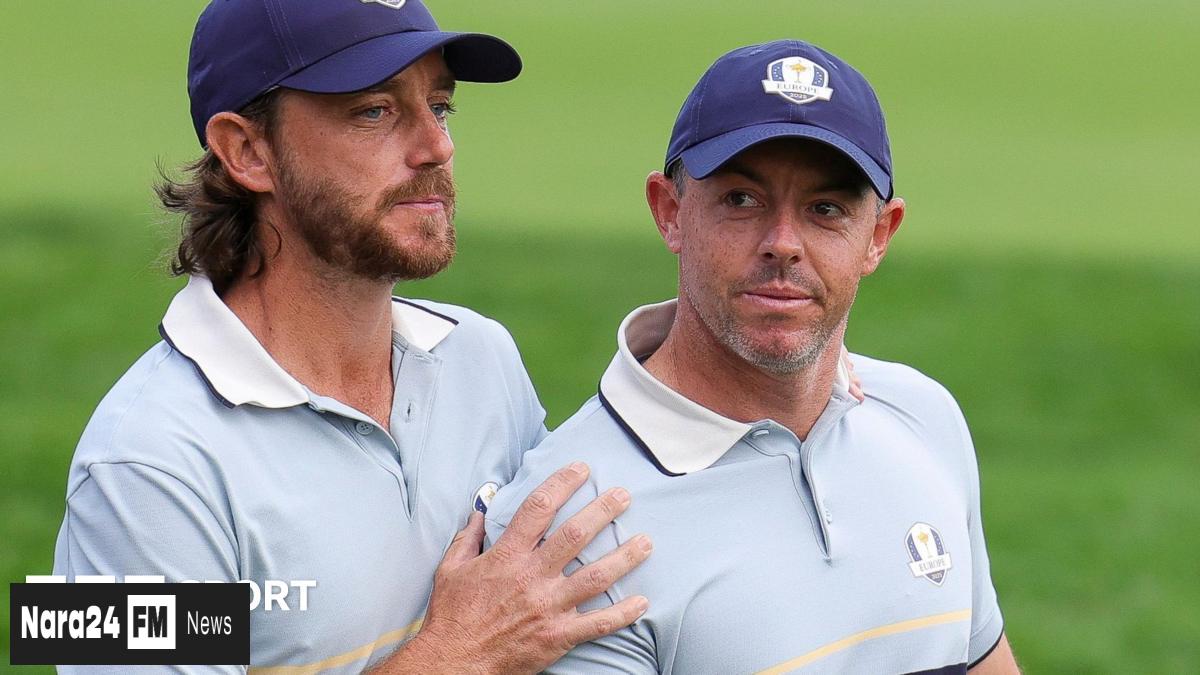Iran's Deputy Foreign Minister Saeed Khatibzadeh has issued a stark warning to the US, stating that its involvement in Israeli strikes would result in "hell for the whole region." In an interview with the BBC, Khatibzadeh emphasized that the conflict is "not America's war" and cautioned that US President Donald Trump would be remembered as "a president who entered a war he doesn't belong in."
Khatibzadeh argued that US participation would transform the ongoing hostilities into a "quagmire," prolonging aggression and delaying an end to what he described as "brutal atrocities." His remarks follow an Iranian missile attack near the Soroka hospital in southern Israel, which injured 71 people, according to Israel's Ministry of Health. Iranian state media claimed the strike targeted a military site adjacent to the hospital, not the facility itself.
Israel has reportedly retaliated by targeting Iran's nuclear facilities, including the Arak heavy water reactor and the Natanz site. Tehran has yet to provide updates on casualties from these strikes. The White House announced on Thursday that Trump would decide within two weeks whether the US would directly engage in the conflict.
Khatibzadeh reiterated that diplomacy remains the "first option" but stressed that negotiations cannot proceed while bombardment continues. He defended Iran's actions as "self-defense under Article 51 of the UN Charter," claiming that Israel's recent attacks on Iranian nuclear sites, which killed several top generals and scientists, were "unprovoked" and "unnecessary."
Responding to Trump's assertion that the conflict could have been avoided if Iran had accepted a nuclear deal, Khatibzadeh accused Israel of sabotaging negotiations by launching attacks. "We were planning to have the sixth round of nuclear talks in Muscat and were on the verge of reaching an agreement," he said. "President Trump knows better than anybody else that we were close to a deal."
He also criticized Trump's "confusing and contradictory" social media posts, suggesting they implied US awareness and participation in the conflict. Diplomatic efforts are reportedly underway, with US Special Envoy Steve Witkoff and Iranian Foreign Minister Abbas Araqchi holding multiple phone conversations to seek a resolution. However, Araqchi has reportedly stated that Tehran will not return to negotiations unless Israel halts its attacks.
Israel has accused Iran of taking steps to weaponize its enriched uranium stockpile, a claim Tehran denies, insisting its nuclear program is entirely peaceful. The International Atomic Energy Agency (IAEA) recently reported that Iran has amassed enough uranium enriched to 60% purity—close to weapons-grade levels—to potentially produce nuclear bombs. Khatibzadeh dismissed these concerns as "nonsense," asserting that Iran has never pursued nuclear weaponization.
As tensions escalate, Khatibzadeh expressed hope for renewed diplomacy, particularly following discussions at a G7 summit in Canada. "What we are hearing from Europeans is that they would like to get back to diplomacy at a ministerial level," he said, welcoming a planned meeting in Geneva. "Finally, they have to come and talk at the table about the issues at hand."
The situation remains precarious, with the potential for further escalation if diplomatic efforts fail to yield a resolution.









Comments (0)
Leave a Comment
Be the first to comment on this article!